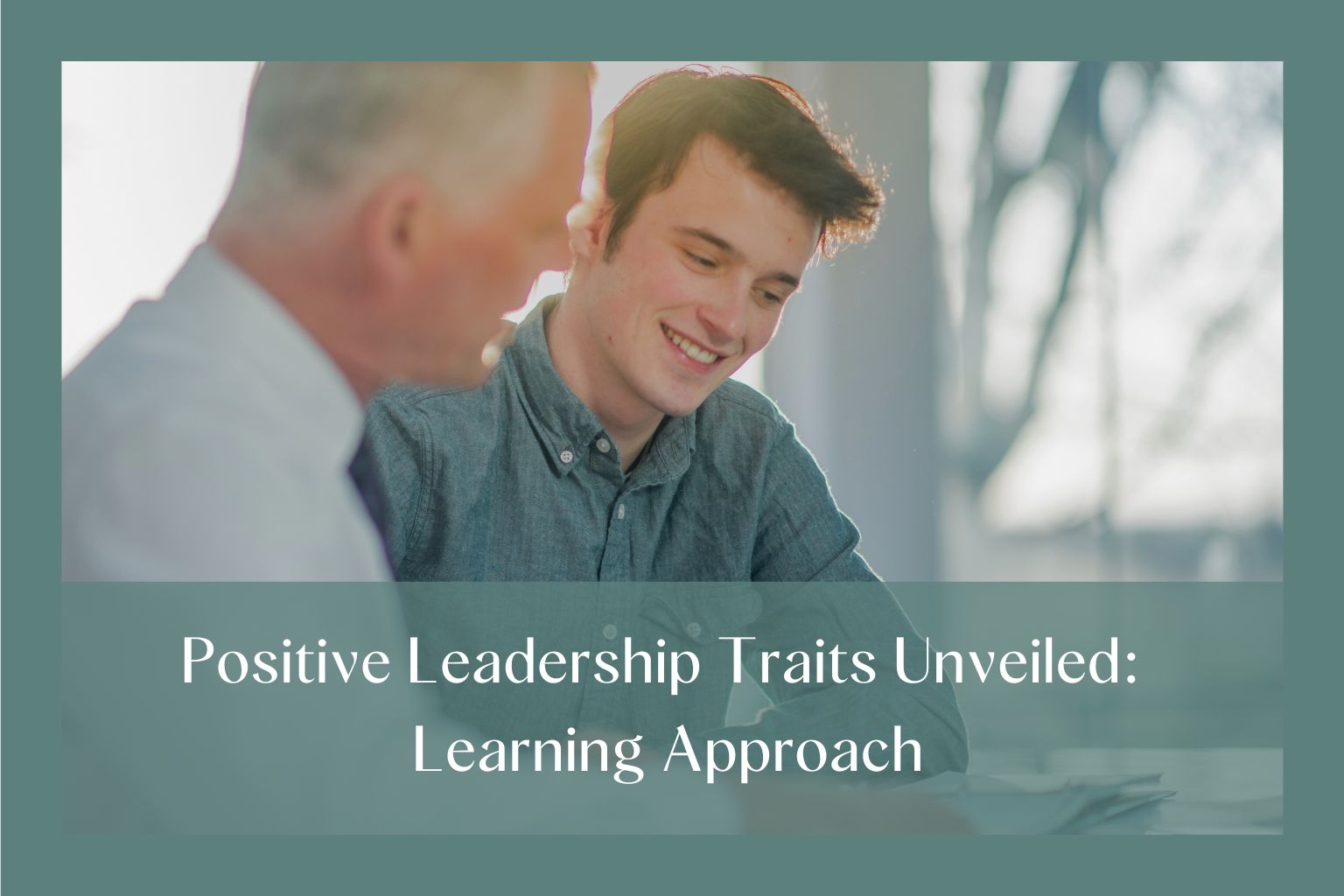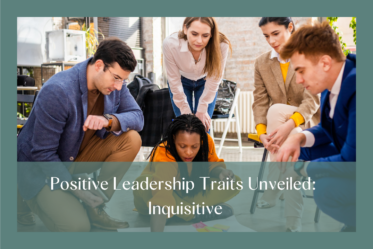Welcome to the concluding article in our Positive Leadership Traits Unveiled Series, where we have explored the multifaceted dimensions of personality through the Hogan Personality Inventory (HPI). Here, we turn our attention to the Learning Approach scale. We will uncover how this trait can drive continuous development yet pose unique challenges for professionals in leadership and HR.
What Is the Learning Approach Scale?
Learning Approach measures an individual’s orientation toward education, training, and staying current with industry developments. It highlights how much a person values formal learning environments, skill-building opportunities, and intellectual growth.
- High scorers often stand out as scholarly and well-informed.
- Low scorers lean toward practical experience, emphasising hands-on application over theory.
Embracing the Full Spectrum with Hogan HPI
While many assessments celebrate continuous learning, the Hogan HPI offers a balanced perspective, spotlighting both the strengths and potential pitfalls. As Eric Hoffer famously noted, “In times of change, learners inherit the earth…” – but only if they balance new knowledge with real-world execution.
High Learning Approach: The Knowledge Seeker
Strengths
- Continuous Improvement: Committed to staying on top of trends and best practices.
- Expertise Development: Deep focus on mastering subjects can become a critical resource.
- Adaptability: Openness to new ideas fosters agility in shifting contexts.
Challenges
- Analysis Paralysis: Prolonged information-gathering may hinder timely decision-making.
- Overqualification: Pursuit of excessive credentials can lead to frustration if they go unused.
- Disconnect from Practice: Too much theory can complicate real-world application.
Consider: Is your quest for knowledge interfering with swift action? Are there simpler, experience-based paths you can take?
Coaching Tips for High Learning Approach
- Balance Education with Execution
Identify clear deadlines for applying what you learn, ensuring insights translate into measurable outcomes.
- Prioritise Relevant Learning
Channel your efforts toward training that aligns with organisational goals and personal aspirations.
- Embrace Practical Experience
Combine theoretical insight with workshops, simulations, or projects that bridge concept and reality.
Low Learning Approach: The Practical Performer
Strengths
- Action-Oriented: Prefers learning by doing, which can drive results quickly.
- Efficiency: Focuses on immediate solutions that address real-time challenges.
- Resourcefulness: Leverages past experiences to develop efficient fixes on the spot.
Challenges
- Skill Gaps: Avoiding formal education may lead to outdated knowledge or missed innovations.
- Resistance to New Methods: Comfort with familiar routines can limit adaptability.
- Overconfidence in Experience: Dismissing modern insights might close off valuable opportunities.
Reflect: Are there colleagues who excel at execution yet resist new training? How can you encourage their growth while preserving their efficiency?
Coaching Tips for Low Learning Approach
- Recognise the Value of Ongoing Education
Map out areas where learning new concepts could enhance current expertise and boost performance.
- Weave Learning into Work
Use on-the-job training, cross-functional tasks, and shadowing opportunities that blend practice with theory.
- Stay Informed
Regularly check industry updates to close knowledge gaps and remain competitive.
Ready to Elevate Your Organisation’s Learning Culture?
Although our journey through the Hogan HPI scales ends here, the path to self-awareness continues. Follow along for insights on leadership development, team dynamics, and organisational growth.
Interested in bringing Hogan HPI to your organisation?
Do not let overlooked potential hinder progress. Embrace the full range of personality insights with Hogan HPI. Consider our Hogan Certification Course. It equips HR and leadership professionals to interpret and apply Hogan assessments effectively. Highlights include:
- In-Depth Knowledge: Master the nuances of HPI, HDS, and MVPI.
- Practical Skills: Learn how to leverage Hogan’s insights for talent acquisition, leadership development, and team success.
- Competitive Edge: Provide data-driven guidance that can transform organisational culture.
Learning Approach
Learning Approach shapes how we pursue knowledge, adapt to change, and apply new information. By recognising both sides of the spectrum, leaders can craft strategies that value continuous learning without losing sight of pragmatic execution. Striking the right balance between education and action ensures you stay poised for tomorrow’s challenges while delivering results today.
Stay curious, stay proactive, and stay committed to nurturing a culture of growth.



